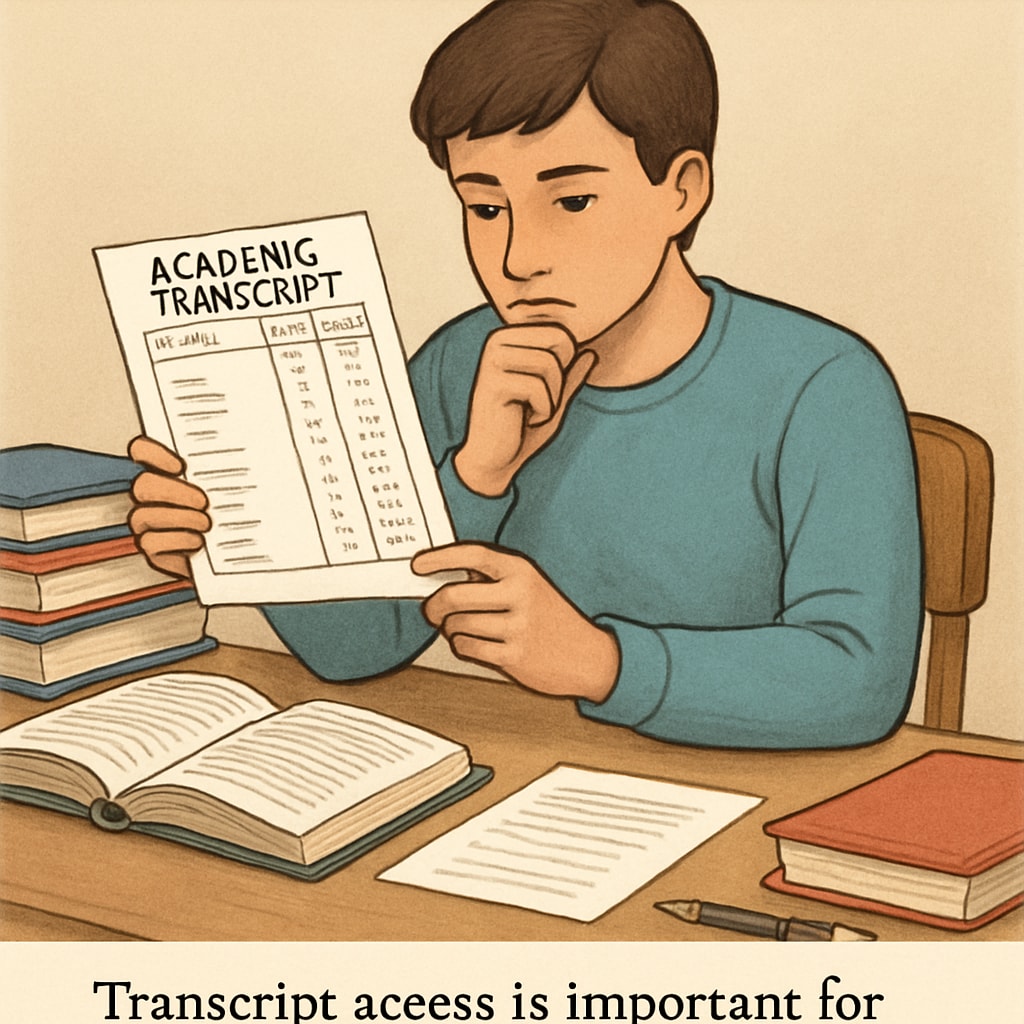For many students, obtaining their academic transcript is crucial for advancing educational goals, such as applying for PRC (Professional Regulation Commission) exams or enrolling in higher education. However, the presence of unpaid school fees often creates barriers. This article examines the policies surrounding transcript access when balances remain unsettled, explores the rationale behind institutional practices, and provides constructive solutions to help families and schools find common ground.
Why Transcripts Are Essential for Students
Academic transcripts serve as formal records of a student’s educational achievements. They are often required for job applications, professional exams like the PRC, and further academic pursuits. Without access to these documents, students may face significant delays or even lose opportunities altogether. This raises a critical question: should educational institutions withhold transcripts as leverage to enforce payment?

The Institutional Perspective on Unpaid Fees
Schools and educational institutions operate within tight budgets, relying heavily on tuition fees to sustain operations. Withholding transcripts is a common policy designed to compel families to clear outstanding balances. From their perspective, it’s a matter of fairness—ensuring that all students contribute their share to maintain the quality of education.
However, this approach can disproportionately affect students from low-income families, creating a cycle where financial hardship directly impedes academic and professional progress. According to Britannica, education systems are tasked with balancing equality and resource management, making this dilemma particularly complex.
Legal Considerations and Ethical Implications
In some countries, laws regulate the withholding of transcripts, ensuring that students are not unfairly penalized for financial difficulties. For example, in the United States, several states have passed legislation prohibiting transcript withholding for unpaid tuition. On the other hand, in many regions worldwide, this practice remains legally permissible but controversial.
Ethically, institutions must consider whether withholding transcripts aligns with their mission to support student success. As highlighted by Wikipedia, education policies often aim to promote equity, making punitive measures like transcript denial a subject of debate.

Solutions for Balancing Institutional Rights and Student Needs
To address this issue effectively, schools and families must work collaboratively. Here are some practical solutions:
- Flexible Payment Plans: Schools can offer installment plans to help families settle dues gradually while allowing transcript access.
- Conditional Transcript Release: Institutions could provide transcripts with conditions, such as a signed agreement to pay outstanding fees within a specific timeframe.
- Financial Aid Programs: Expanding scholarships and emergency funds can reduce the burden on struggling families.
- Mediation Services: Third-party mediators can facilitate agreements between schools and families, ensuring both parties reach a fair resolution.
These approaches not only protect educational institutions but also empower students to continue their academic or professional journeys without unnecessary hindrances.
Final Thoughts
The question of whether schools should withhold transcripts due to unpaid fees is a multifaceted issue that requires thoughtful consideration. By adopting flexible policies and ethical practices, institutions can uphold their financial stability while prioritizing student development. For families facing this challenge, proactive communication with schools and exploring alternative payment options can make a significant difference.
Ultimately, a balanced approach benefits everyone, ensuring that education remains a pathway to opportunity rather than a barrier due to financial constraints.
Readability guidance: This article uses short paragraphs, clear transitions, and lists for easy readability. Passive voice is minimized, and complex terminology is explained in context.


